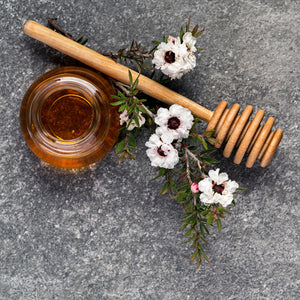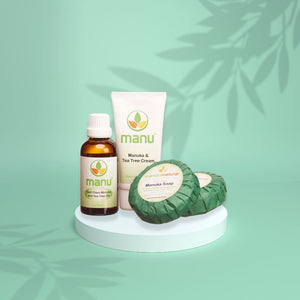
“Manuka Honey Near Me”
Is a very popular search term on Google, Bing, Yahoo!, Yandex, DuckDuckGo, Baidu, Ask.com etc.
And you may find some search listings for Manuka honey in your locality,
But wait!
Is this Manuka Honey Authentic?
The short answer is that unless it was produced and packed in pots in New Zealand, it probably won’t be, here’s why:
One of our great concerns when buying food for our families is its authenticity.
By this we mean that it is genuine and true to label.
Sadly, it may not be as we have discovered that the adulteration of food products is widespread and growing as unscrupulous importers, distributors, agents and retailers add fillers to products to scam customers and fatten profits.
It is the same in the drug world where we hear of drugs like cocaine being ‘cut’ with other cheap fillers so the dealers can make more money on their illicit trade.
When we look at food products the same thing applies where cheaper ‘fillers’ are added to a genuine product to make more profit, which leads to the ‘top ten’ of international adulterated food items:
- Olive oil
- Milk
- Honey
- Saffron
- Orange juice
- Coffee
- Apple juice
- Wine
- Maple syrup
- Vanilla
As Manuka Natural Ltd., the product we are most concerned about for our customers is honey, and in particular Manuka honey with a high MGO and/or UMF certification.
We know that all honey can be adulterated with addition of other products like sugar syrup, and it can be difficult for the consumer to tell the difference.
But with Manuka UMF honey which in its pure form is one of the worlds most valuable honeys because of its unique manuka factor for its antimicrobial properties the temptation by adulterators is so much greater.
Just an example of the extent of Manuka honey adulteration, according to New Zealand Trade statistics we export around 1700 tonnes of Manuka honey annually.
However, it is estimated that at least 10,000 tonnes of honey are sold around the world labelled as Manuka Honey!
How does this happen?
Overseas importers are buying genuine Manuka honey from certified producers and then blending it with cheap locally produced honey or sugar beet or corn syrup and packaging it as Manuka honey. It will contain some Manuka honey, but this could be only 25% of the original genuine honey.
So you need to be aware of this practice and only buy honey that has been packed in pots and labelled in New Zaland.
By coming to a website in New Zealand you will be getting the genuine article as we have very strict testing and very severe penalties for misrepresentation of products that are not true to label.
Overseas on the other hand, it can be the ‘wild west’, or in Southeast Asia’s case the ‘wild east’ where anything goes and authorities don’t have the sophisticated testing facilities to scrutinise the authenticity of the honey.
In the end, there may not be ‘Manuka honey near you’, and you will pay more for our New Zealand certified Manuka MGO and UMF honey, but you can be reassured that you will be getting the genuine article.
Good health
Bill Gluyas



Leave a comment